Jesus on the Problem of Evil
By Aaron Brake
In Luke 13:1-5 we have Jesus’ clearest teaching on the problem of evil:[1]
Now there were some present at that time who told Jesus about the Galileans whose blood Pilate had mixed with their sacrifices. Jesus answered, “Do you think that these Galileans were worse sinners than all the other Galileans because they suffered this way? I tell you, no! But unless you repent, you too will all perish. Or those eighteen who died when the tower in Siloam fell on them—do you think they were more guilty than all the others living in Jerusalem? I tell you, no! But unless you repent, you too will all perish.
Not only is this Jesus’ clearest teaching on the problem of evil but we see Him addressing both moral and natural evil in His response. Notice that Jesus is first questioned regarding an example of what we would call moral evil: the murder of some Galileans by Pilate. In providing an answer, Jesus Himself introduces an example of natural evil: the falling of the tower of Siloam which killed eighteen.
How did Jesus answer the problem of evil presented to Him? His answer is short and to the point: “They weren’t worse sinners, they were just sinners. And unless you repent, you’ll die too.”
D.A. Carson in his book How Long, O Lord? provides several important insights into this passage. It would behoove us as Christians to reflect deeply on these points.
First, Jesus takes it for granted that the wages of sin is death (Rom. 6:23):
Jesus does not assume that those who suffered under Pilate, or those who were killed in the collapse of the tower, did not deserve their fate. Indeed, the fact that he can tell those contemporaries that unless they repent they too will perish shows that Jesus assumes that all death is in one way or another the result of sin, and therefore deserved.[2]
Second, because death is what we all deserve, it is only God’s mercy that keeps us alive:
Jesus does insist that death by such means is no evidence whatsoever that those who suffer in this way are any more wicked than those who escape such a fate. The assumption seems to be that all deserve to die. If some die under a barbarous governor, and others in a tragic accident, it is not more than they deserve. But that does not mean that others deserve any less. Rather, the implication is that it is only God’s mercy that has kept them alive. There is certainly no moral superiority on their part.[3]
Third, wars and natural disasters are always calls to repentance, and the fact that we question God’s goodness in times of calamity is a reflection of our own depravity and rebellion:
Jesus treats wars and natural disasters not as agenda items in a discussion of the mysterious ways of God, but as incentives to repentance. It is as if he is saying that God uses disaster as a megaphone to call attention to our guilt and destination, to the imminence of his righteous judgment if he sees no repentance. This is an argument developed at great length in Amos 4. Disaster is a call to repentance. Jesus might have added (as he does elsewhere) that peace and tranquility, which we do not deserve, show us God’s goodness and forbearance.
It is a mark of our lostness that we invert these two. We think we deserve the times of blessing and prosperity, and that the times of war and disaster are not only unfair but come perilously close to calling into question God’s goodness or his power—even, perhaps, his very existence. Jesus simply did not see it that way.[4]
Dr. Clay Jones in his class on Why God Allows Evil entertainingly replays the dialogue from Luke 13 like this:[5]
Questioner: Jesus, we have the problem of evil here, the great problem of the ages. People are being killed Jesus. What have you got to say?
Jesus: They weren’t worse sinners, they were just sinners, and unless you repent you’ll die too. Next?
Questioner: Whoa! Jesus, hold on for a minute here! This is the PROBLEM OF EVIL! The question of the ages! Philosophers have debated this forever! People are dying here Jesus! What have you got to say???
Jesus: They weren’t worse sinners, they were just sinners, and unless you repent you’ll die too. Next?
Questioner: No, Jesus, don’t you get it?!? Let me put it to you this way. You see, if God were all-loving, He would want to prevent evil. If God were all-powerful, He could prevent evil…
Jesus: They weren’t worse sinners, they were just sinners, and unless you repent you’ll die too. Next?
Jesus’ answer to the problem of evil is that all fallen, unregenerate sinners born in Adam are worthy of death. Whether we die by murder, accident, or disease isn’t anything more than we deserve. It is only by God’s grace that anyone is saved and it is only by God’s mercy that anyone is kept alive.
What implications does this have for Christian apologetics? At least three:
First, it means that Christian apologists need to take the consequences of sin and reality of human depravity seriously when addressing the problem of evil. Many Christians simply pay lip service to what the Bible has to say about these topics. It’s no wonder then we are often at a loss for words when someone asks, “Why do bad things happen to good people?” A completely biblical, though partial, rejoinder is this: no one is good but God alone! Bad things don’t happen to good people because no one is good. Jesus raised no qualms about our naturally born status as sinners before God, the universal corruption and guilt of humankind, or our need for repentance. He introduced these very issues Himself in addressing the problem of evil. He took it for granted that the wages of sin is death. Christian apologists should do likewise.
Second, when addressing the problem of evil, Christian apologists need to present a theodicy whichminimally includes the biblical teaching of original sin and human depravity. Why God allows evil won’t make sense unless we have the problem of sin clearly before us. J.I. Packer stated,
The subject of sin is vital knowledge…If you have not learned about sin, you cannot understand yourself, or your fellow-men, or the world you live in, or the Christian faith. And you will not be able to make head or tail of the Bible. For the Bible is an exposition of God’s answer to the problem of human sin and unless you have that problem clearly before you, you will keep missing the point of what it says.[6]
The same is true for the problem of evil. The subject of sin is essential because in raising the problem of evil, the skeptic must put forth an anthropodicy (justification of man) by arguing that man is “basically good” and God is unjust for allowing the suffering and evil He does. In response, the theist must show these assumptions to be false, and in their place put forth a theodicy (justification of God) which includes evidencing the depths of human depravity and arguing that God has morally sufficient reasons for allowing the evil that He does. Until we clearly articulate and defend the gravity of sin, as well as the universal corruption and guilt of humankind, many of our answers to the problem of evil will largely remain unpersuasive.[7]
Third, the present moral and natural evils we experience are appropriate segues into our need to practice and preach repentance in light of the final eschatological judgment. Those who experience such evils are not any more deserving. Rather, these disasters serve as warnings to all of us that finaldisaster awaits everyone who remains hardhearted and unrepentant:
So when disaster strikes, let us not wring our hands over the mysterious ways of God but encourage everyone to reflect on their sinful and doomed state in hopes that some will escape the Final Disaster that awaits the ultimately unrepentant.[8]
Notes
[1] I am indebted to Dr. Clay Jones for most of the material and insight presented here, as well as pointing me to the following passage by D.A. Carson.
[2] D.A. Carson, How Long, O Lord?: Reflections on Suffering and Evil (Grand Rapids, MI: Baker, 2006), 61.
[3] Ibid.
[4] Ibid.
[5] This is a loose reconstruction with some additions of my own.
[6] J.I. Packer, God’s Words, 71.
[7] For more on these first two points, I highly recommend reading Clay Jones, “We Don’t Take Human Evil Seriously so We Don’t Understand Why We Suffer” found at http://www.clayjones.net/wp-content/uploads/2011/06/Human-Evil-and-Suffering.pdf.
[8] Clay Jones, “Disaster Is Always a Call to Repentance!” found at http://www.clayjones.net/2011/11/disaster-is-always-a-call-to-repentance.
Original Blog Source: http://bit.ly/2fOEhK1

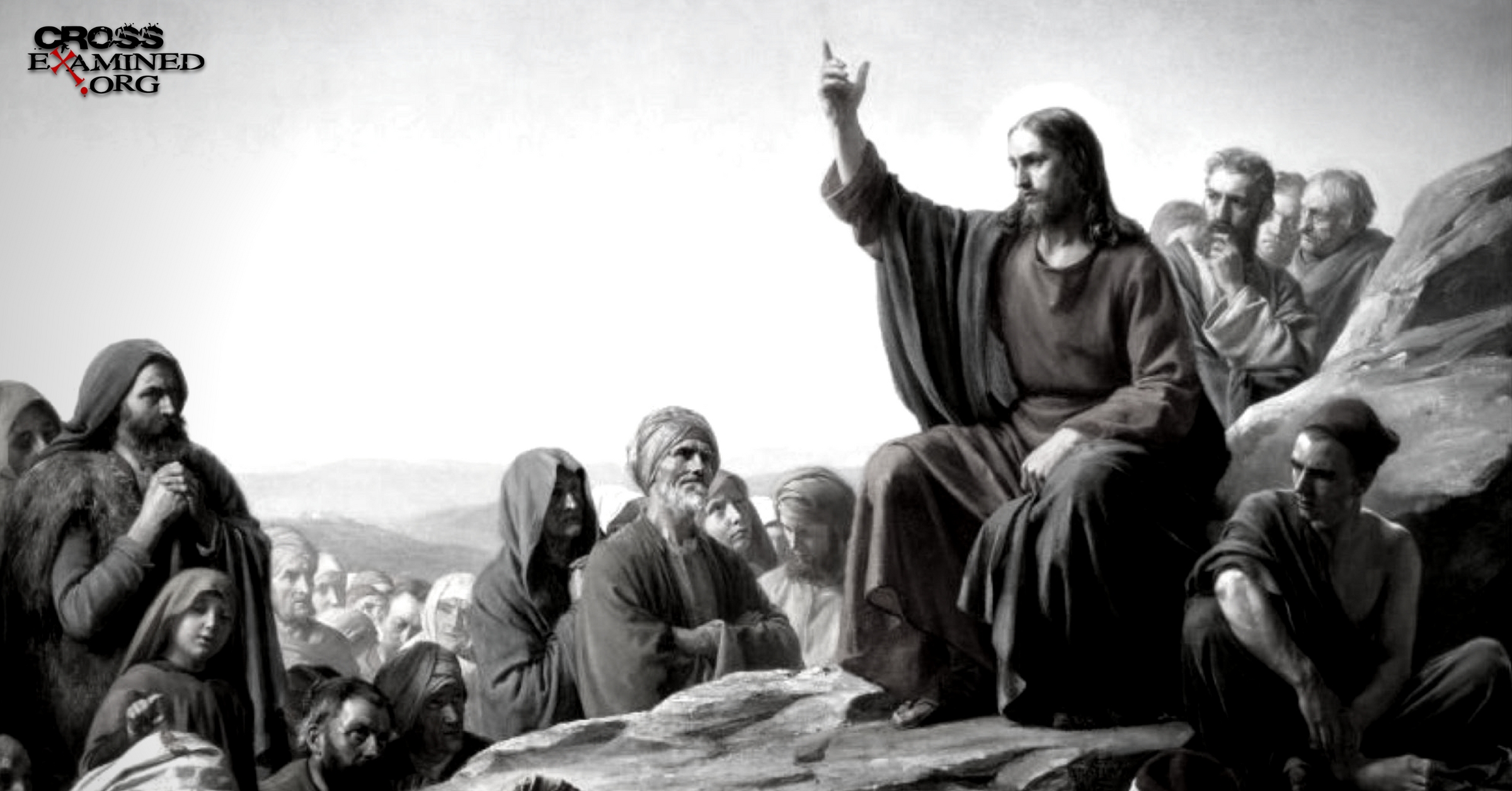
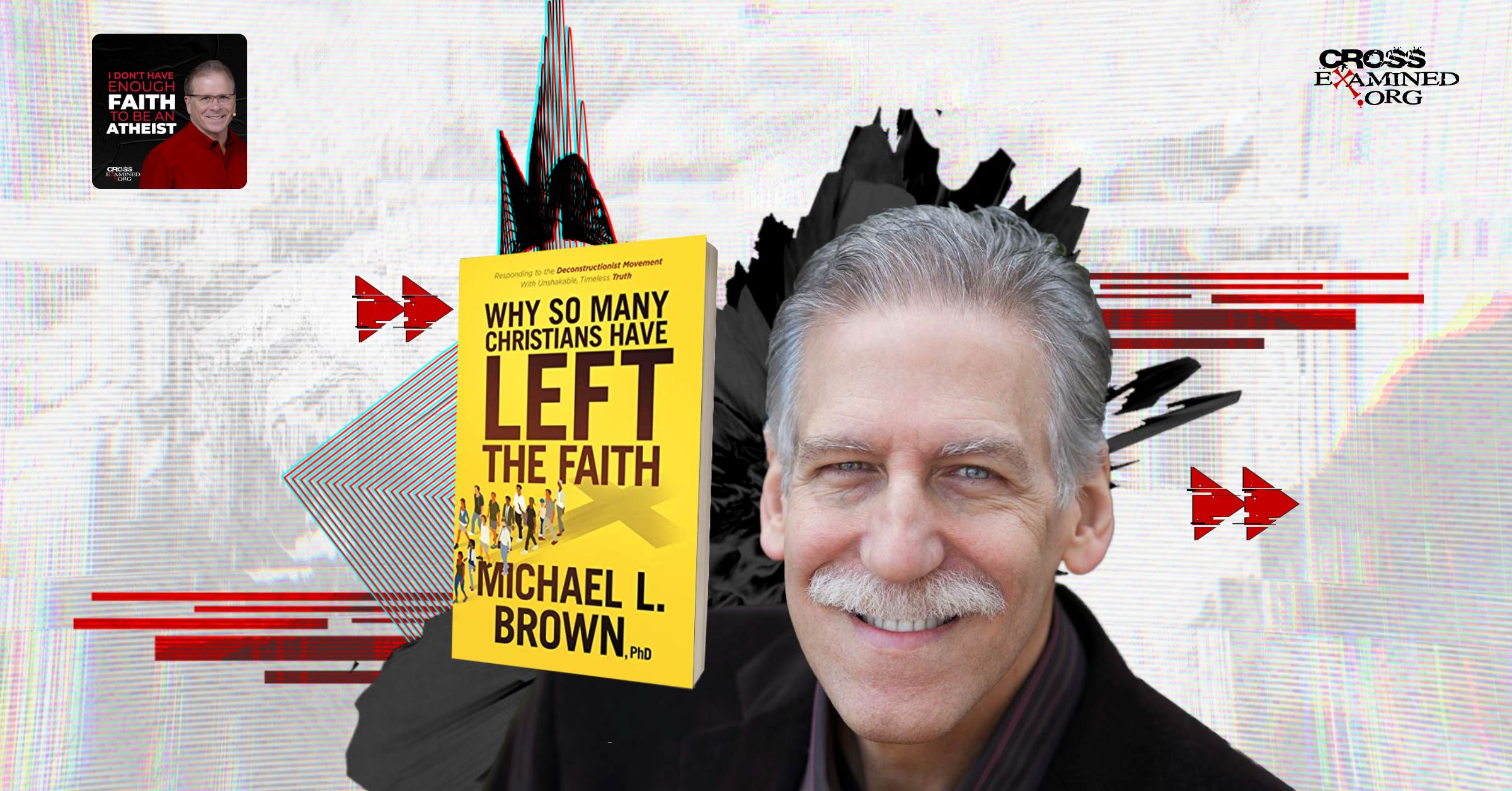
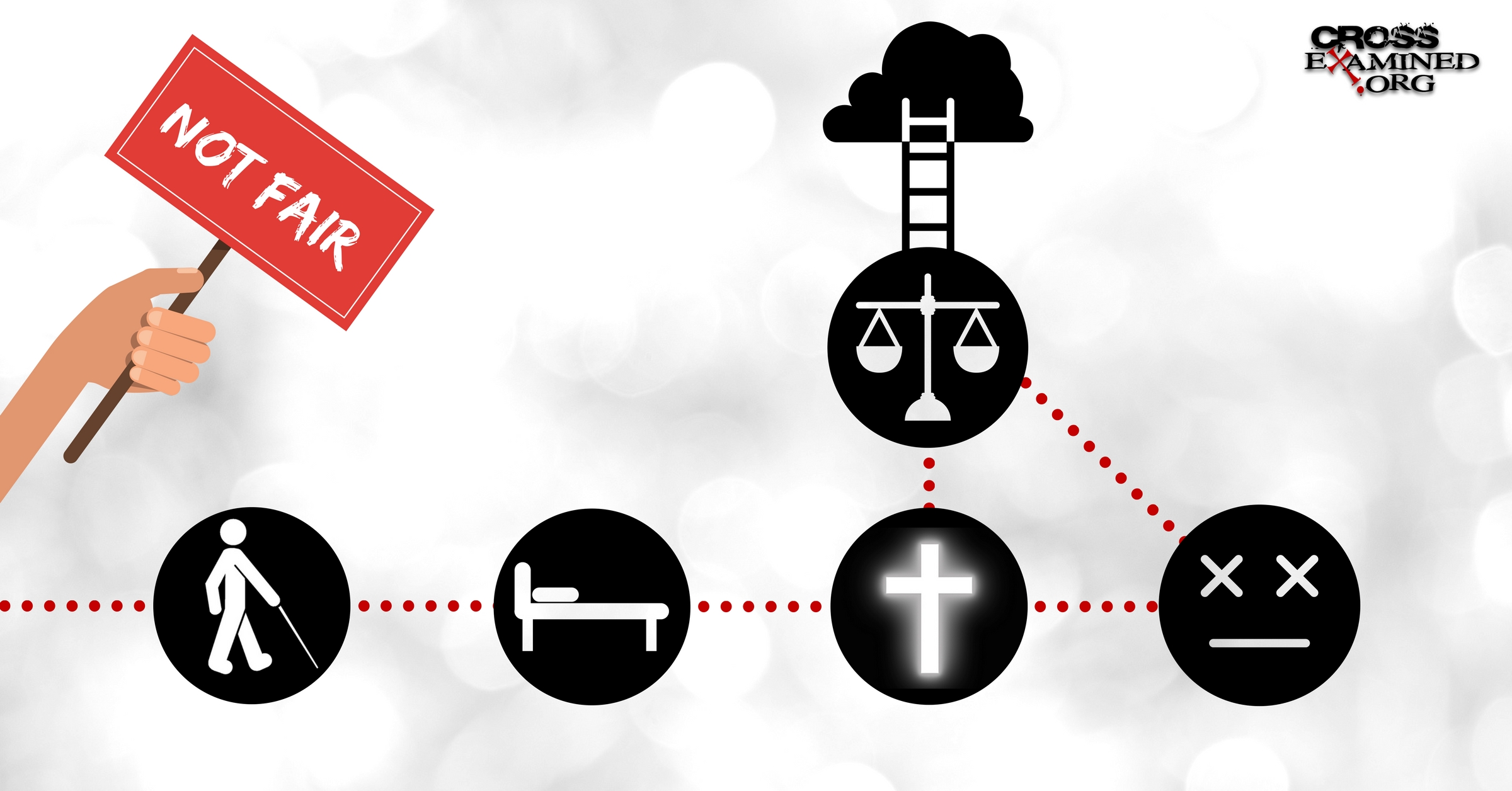


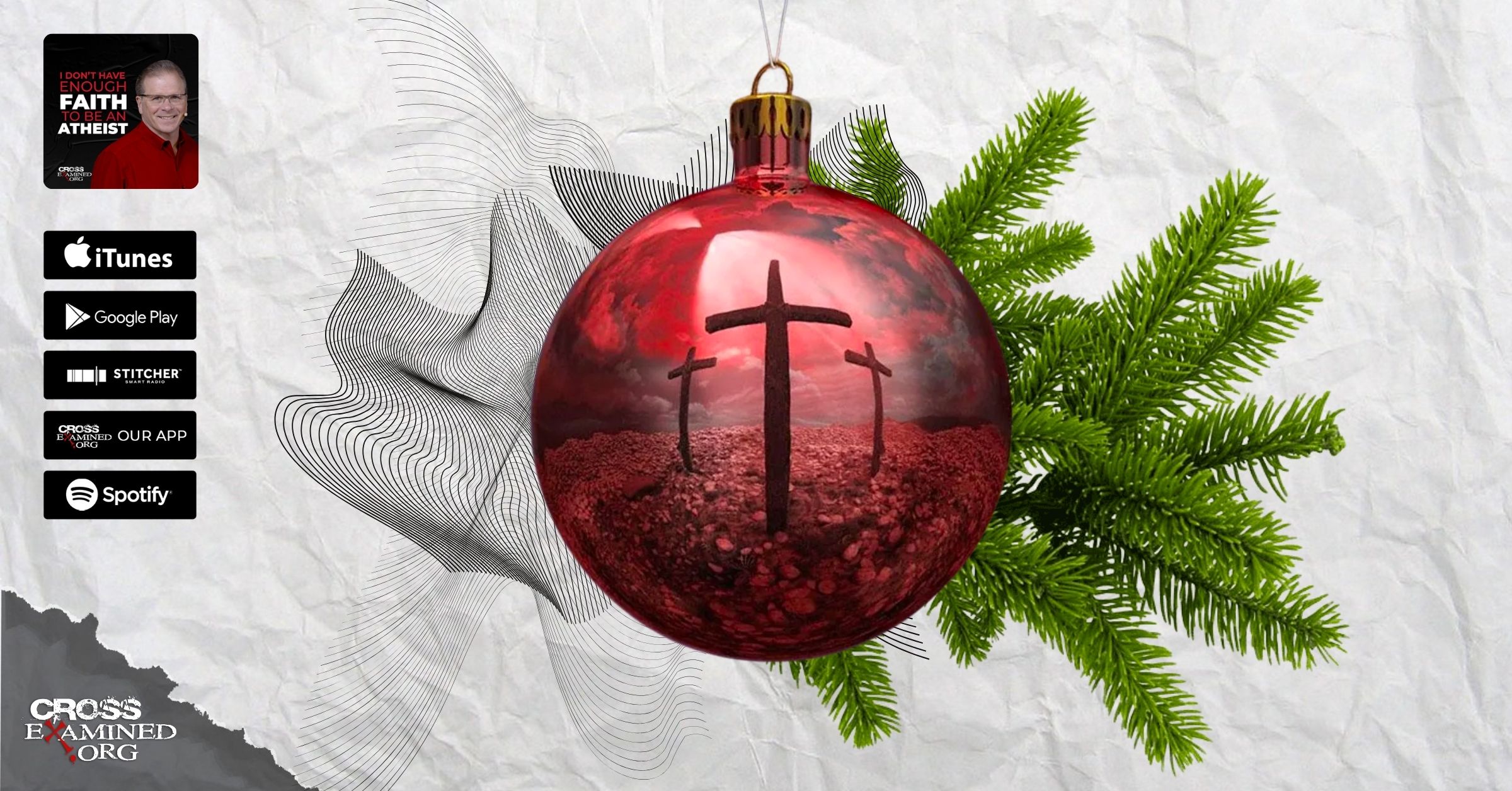
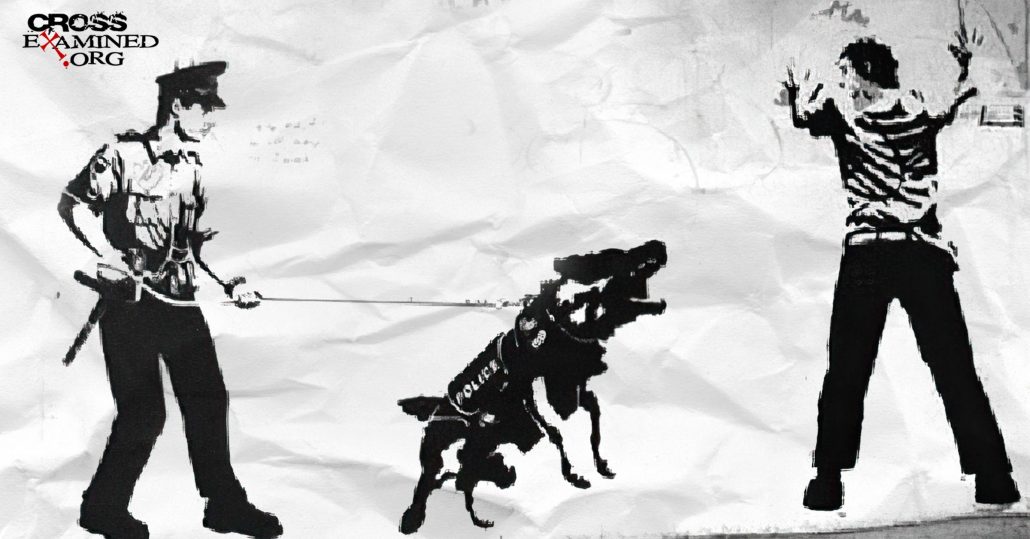
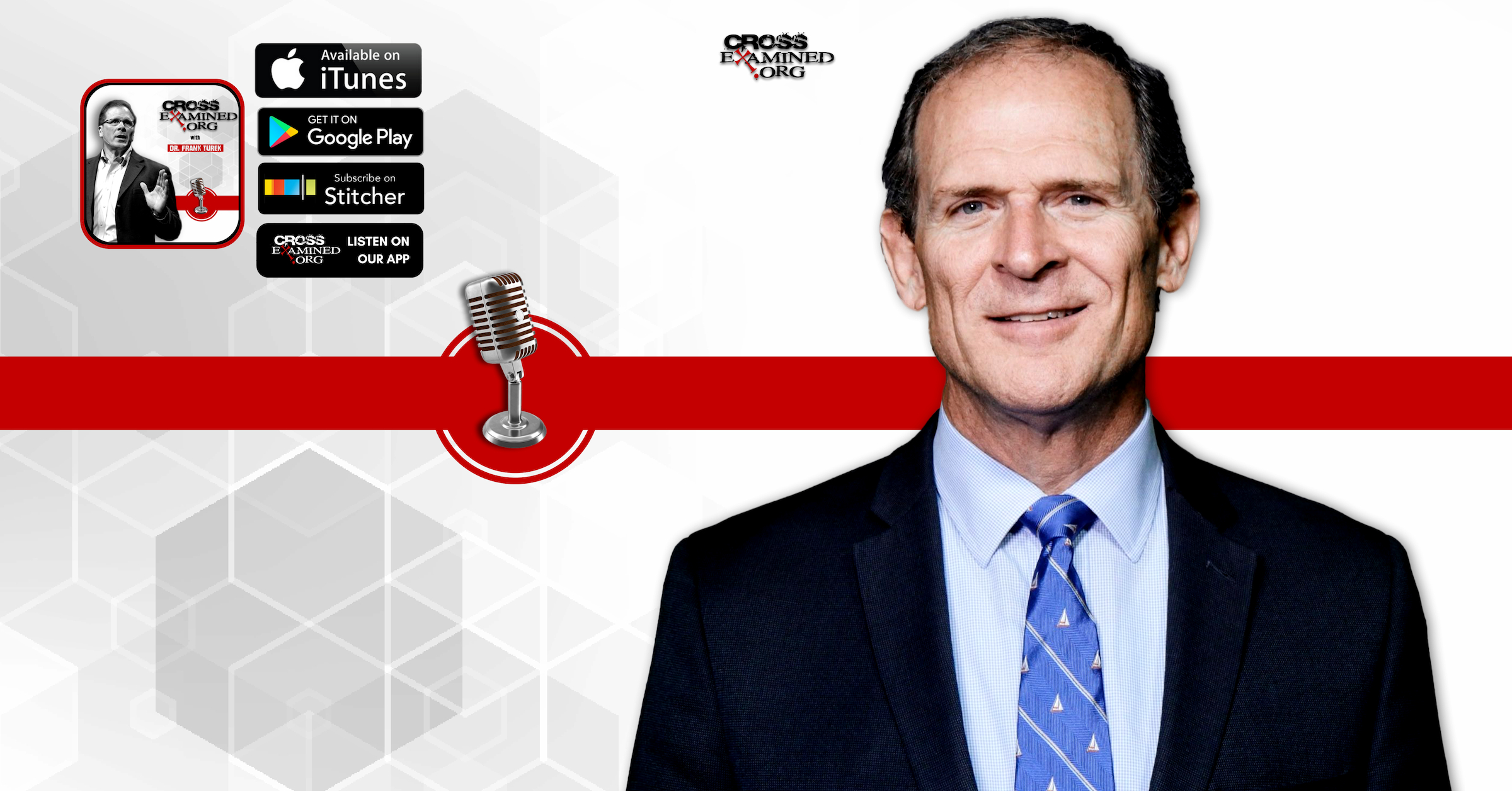
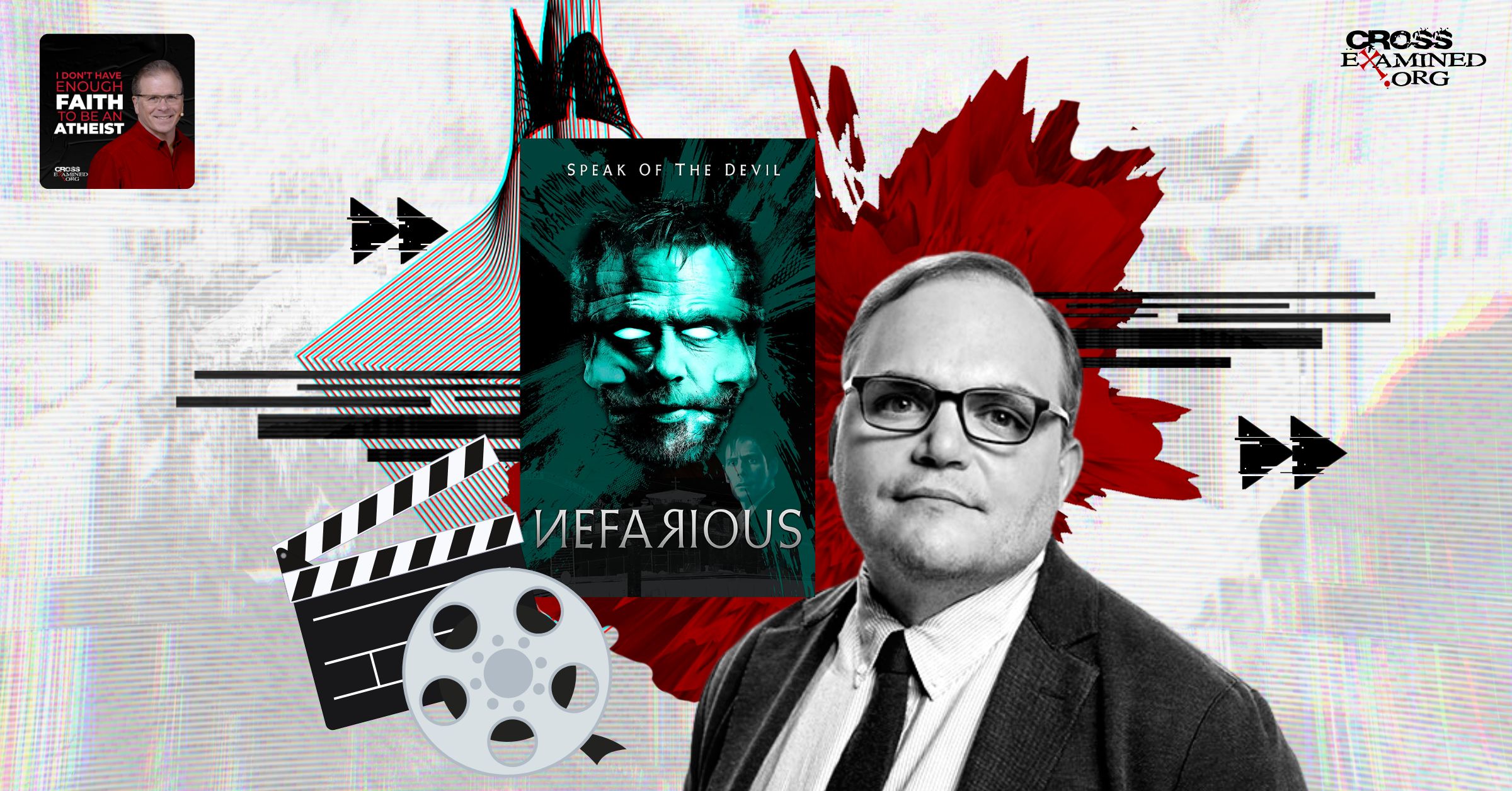
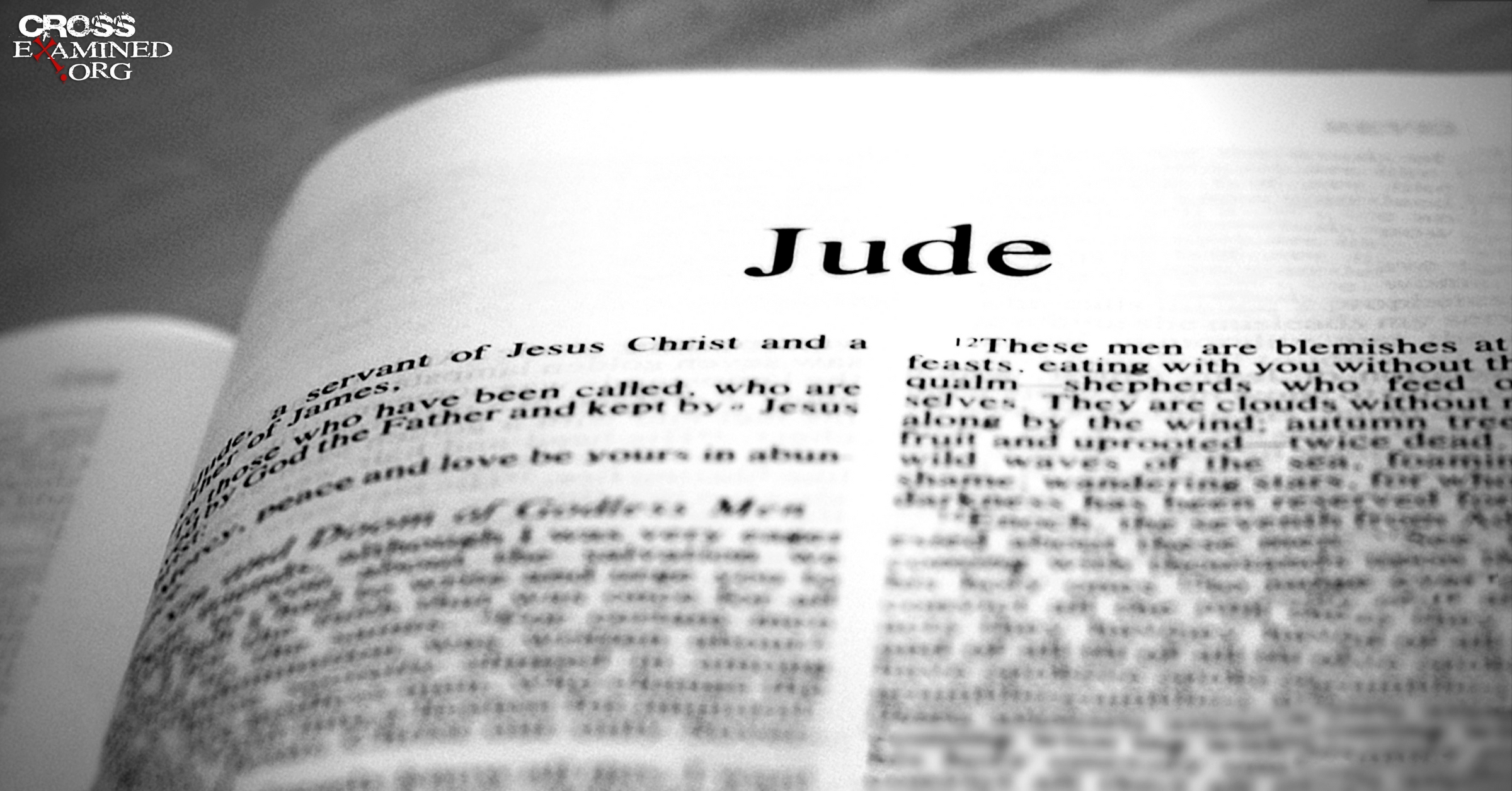

Leave a Reply
Want to join the discussion?Feel free to contribute!